The Cross River State Government has inaugurated a robust consultative process aimed at repositioning the state’s economy for competitiveness, inclusivity and sustainable growth through the formulation of its first-ever trade policy.
The Stakeholder Engagement, held on Thursday at Pristine Villa Events Centre, Calabar, marked a decisive step in shaping a coherent trade framework that aligns with both national and continental development aspirations.
Declaring the engagement open, the Commissioner for Commerce, Dr. (Mrs.) Abigail Orok Duke, described the initiative as “a bold step towards unlocking the full trade potential of Cross River State and positioning it competitively within national, regional and global markets”.
She noted that trade remains a vital lever for prosperity and inclusive growth, underscoring Governor Bassey Otu’s People First economic vision.
“Trade is the foundation of prosperity,” Dr. Duke affirmed. “Our goal is to strengthen value chains, promote inclusivity and create jobs by linking our state’s productive sector — agriculture, manufacturing, tourism, services, and the creative industries — to expanding market opportunities.”
The high-level engagement, jointly organized by the Ministry of Commerce and the State Trade Policy Development Committee, brought together senior government officials, private sector leaders, academia and development partners.
Discussions revolved around the theme: ‘Building an Inclusive and Competitive Trade Policy for Sustainable Growth and Job Creation in Cross River State.’
The session served as a rallying point for developing a trade framework that will anchor the state’s economic diversification agenda.
Delivering the keynote address entitled ‘The Role of Trade Policy in Driving State Competitiveness and Job Creation,’ the Chairman of the Trade Policy Development Committee, Professor Susana Ohen, emphasized the importance of aligning Cross River’s trade ambitions with key continental and regional frameworks such as the African Continental Free Trade Area (AfCFTA), the ECOWAS Trade Liberalization Scheme (ETLS), and the National Trade Policy (2023–2027).
“A coherent trade policy will serve as an anchor for inclusive development,” Prof. Ohen stated. “It will connect our smallholder farmers, MSMEs and industrial actors to markets, stimulate private investment, and drive job creation across the value chain.”
Other presentations added intellectual depth to the session. Professor Lionel Effiom of the University of Calabar’s Department of Economics presented an ‘Overview of the State Trade Landscape and Policy Development Process,’ while the President of CALCCIMA, Mr. Kelly Ayamba, delivered insights on ‘Sectoral Perspectives: Trade Opportunities and Challenges.’
Both speakers underscored the urgency of institutionalizing a trade policy that will foster innovation, expand market access, and strengthen industrial linkages across key sectors.
The engagement also featured interactive breakout sessions facilitated by Mr. Kenneth Ittah, Mr. William Itorok and Dr. Osas Omorogbe, during which participants examined sectoral priorities, challenges and actionable strategies for trade facilitation.
Discussions covered a broad range of areas including agriculture and agro-processing, manufacturing and industrialization, tourism, entertainment and cuisine, solid minerals, services, energy, transportation, forestry, and fisheries.
The plenary session that followed harmonized the outcomes into a shared roadmap for policy drafting.
In her closing remarks, the Permanent Secretary, Ministry of Commerce and Industry, Mrs. Philomena Nyiam, expressed appreciation to participants for their commitment to a shared vision of economic transformation.
“This process is consultative by design,” she remarked. “The ministry will continue to engage all stakeholders as we move towards drafting, validating, and adopting a trade policy that reflects our state’s aspirations for inclusive and sustainable growth.”
Goodwill messages from the Cross River State Planning Commission, CALCCIMA, and development partners reaffirmed support for the process, with many describing the initiative as a milestone in creating a trade-enabling environment capable of attracting investment, boosting production, and generating employment.
With this bold start, Cross River State has signalled its readiness to chart a new economic course anchored on competitiveness, partnership and shared prosperity.



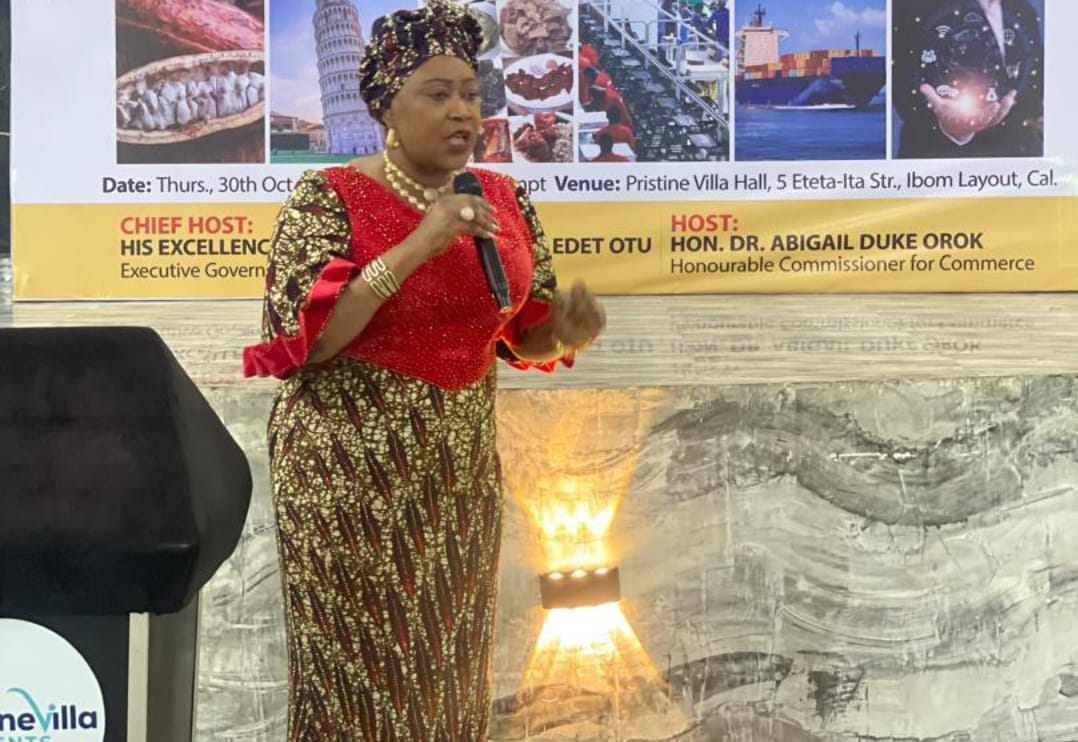

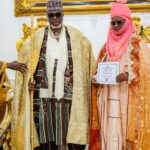
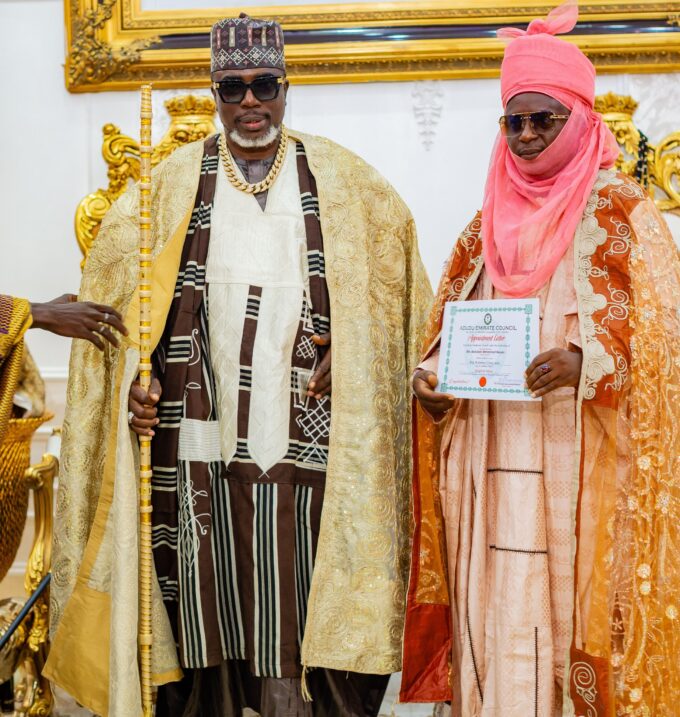
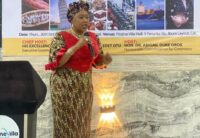







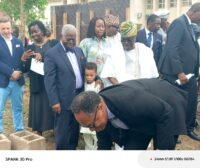


Leave a comment